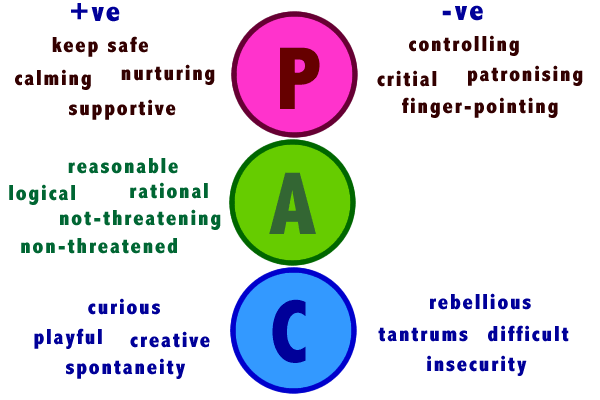Unlocking the Power of Effective Communication in Enterprise Agility
Photo by Anja Bauermann on Unsplash
It’s not just what we say but how we say it.
Introduction
In the realm of enterprise agility, communication reigns supreme. As mid-level executives and enterprise-level coaches well-versed in Agile and Lean methodologies, we must acknowledge the importance of effective communication—not just in what we say, but how we say it. Today, let's delve into the intricacies of transactional analysis (TA) and its profound impact on our professional interactions.
Games People Play by Eric Berne
Transactional analysis, a concept from the classic book "Games People Play" by Eric Berne, provides a framework through which we can understand the dynamics of our conversations. Berne introduces three ego states from which our communications can emanate: the Parent, the Adult, and the Child. Each state has its positive and negative aspects, shaping the way we interact with others.
When we converse from the 'Parent' ego state, our words can be nurturing or critical; from the 'Adult', they are factual and rational; and from the 'Child', they can be creative or rebellious. Recognizing and adjusting these states can drastically improve our interactions.
In high-stakes situations, where crucial conversations are the norm, navigating opposing opinions and emotions is vital.
The goal is to foster 'Adult to Adult' interactions—exchanges that are constructive, non-emotional and focused on data and information. This is the sweet spot where collaboration thrives and understanding blossoms.
But, how do we counteract when a conversation spirals into negativity? The key lies in maintaining an 'Adult' state, inviting others to join us in a space where logic and calm prevail. It's about steering the discussion back to a place of mutual respect and fact-based dialogue.
Moreover, the influence of group dynamics cannot be underestimated. In team settings, the temptation to mirror toxic behaviour can be strong. The antidote is to consistently encourage 'Adult' interactions, creating an environment where professionalism is the norm and every member is empowered to contribute constructively.
At times, we may encounter colleagues who, perhaps due to personal issues, approach interactions aggressively or patronizingly. It's essential in these moments not to take such behaviour to heart, but to redirect the conversation to an 'Adult' level, ensuring that the focus remains on the issue at hand, not the emotion it stirs.
In conclusion, mastering transactional analysis is like any other skill—it requires practice. By engaging in coaching circles or 'transactional analysis' practice sessions, we can refine our ability to maintain composure and steer conversations for the betterment of our teams and projects.
Five Key Takeaways
Embrace the Adult State: Striving for 'Adult to Adult' conversations ensures clarity and keeps emotions in check, fostering an environment where facts and logic lead the way. By maintaining an 'Adult' state, you encourage a dialogue based on reason rather than reaction, enabling a more productive and respectful exchange of ideas.
Recognize and Adapt Ego States: Understanding whether your 'Parent', 'Adult', or 'Child' state dominates a conversation allows you to adjust your approach for more effective communication. Self-awareness of your ego state empowers you to switch to a more constructive 'Adult' state, especially when conversations become emotionally charged. Failure to do this always causes problems.
If you spend too much pushing from your parent, you are likely to come across as bullying.
Counteract Negative Spirals: When faced with criticism or negativity, redirect the conversation back to an 'Adult' state to maintain professionalism and focus on solutions. Steering conversations back to a rational plane prevents them from derailing into unproductive conflict, ensuring that crucial issues are addressed efficiently.
Learn to Influence Group Dynamics Positively: Encouraging an 'Adult' communication style within teams can help prevent the spread of toxic behaviour and promote a healthier workplace culture. As a leader, consistently modelling 'Adult' conversations sets a standard for the team, reducing the likelihood of negative behaviour becoming normalized.
Practice Makes Perfect: Like any skill, effective communication through transactional analysis takes practice. Engage in role-playing exercises to hone your abilities. By regularly practising transactional analysis techniques, you build the verbal muscle memory needed to navigate complex conversations with ease.
Next Steps
One tip I can recommend is to create a TA Circle where you can role play this move from starting with a ‘Parent to Child’ transaction and moving to ‘Adult to Adult’ responses.




